Dir: Roberto Faenza. Italy-France-UK. 2003. 97mins.
Italian director Roberto Faenza's first English-language film spins a historical romance out of a footnote in the history of psychoanalysis. By turns involving and frustrating, it demonstrates the danger of a many-handed script which was only translated into English at a fairly late stage. But while the dialogue smacks a little too much of a language-teaching video; strong performances from the two leads, Emilia Fox (The Pianist) as Sabina Spielerein and Iain Glen as her psychoanalyst, Carl Jung, make up for the occasional weak line.
Italian audiences - apparently unfazed by the dialogue in the dubbed version - have responded well to The Soul Keeper, which on its opening weekend in early January posted the best screen average after The Lord Of The Rings: The Two Towers. Five weeks later it is still playing on 112 screens and has taken $3.2m. Fox will be the strongest selling-point for the film in its bid for distribution in English-language territories (more so after the burgeoning awards success of The Pianist), where it is unlikely to repeat its strong Italian showing.
In 1977 Italian historian Aldo Carotentuto came upon a bundle of letters and diaries that revealed the true nature of the relationship between Carl Jung - the influential but wayward disciple of Sigmund Freud -and his first patient, a young Russian-Jewish girl called Sabina Spielerein.
The film is built on the speculation that, once cured, Spielerein may have become Jung's mistress; indeed, the central image on Italian distributor Medusa's poster artwork is a scene of the two engaged in a steamy tussle on a Persian rug. Having qualified as a psychoanalyst herself, Spielerein returns to native Russia a few years after the Revolution, where she set up a progressive nursery school whose pupils included one of Stalin's sons.
The correspondence between Spielerein and Jung and between Jung and his master, Freud, underpins a story that takes the audience from the asylum where Jung first attempted to impose his modern methods (cue traditional 'enemy' doctors with medieval straps and chains) to urban Vienna circa 1905 (cue coffee houses and Klimt exhibitions), to a Moscow still in love with Lenin's vision of a brave new world (cue sepia newsreel-style footage).
Over didactic and over obvious (both of the dreams recounted in the film involve that old Freudian chestnut, the charging stallion), the script is lifted by Emilia Fox's performance as Sabina. Some audiences may find her scenes of madness somewhat over-melodramatic, but Fox is capable of reining herself in too, and gives Audrey Tautou a run for a money as an actress who can signal emotion with the eyes alone.
Less convincing, however, is the film's contemporary frame, involving a Scottish professor and a mysterious Frenchwoman who are researching the life of Jung's first patient.
Prod co: Jean Vigo Italia
Co-prods: Les Films du Centaure, Cowboy Films
It dist: Medusa
Int'l sales: Adriana Chiesa Enterprises
Prod: Elda Ferri
Scr: Faenza, in collaboration with Gianni Arduini, Alessandro Defilippi, Giampiero Rigosi, Hugh Fleetwood, Ferri
Cinematography: Maurizio Calvesi
Prod des: Giantito Burchiellaro, Vladimir Trapznikov
Ed: Massimo Fiocchi
Music: Andrea Guerra
Main cast: Iain Glen, Emilia Fox, Craig Ferguson, Caroline Ducey, Jane Alexander, Daria Galluccio


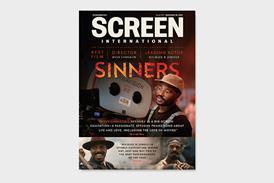
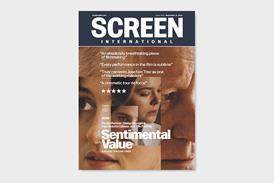



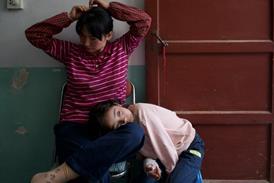




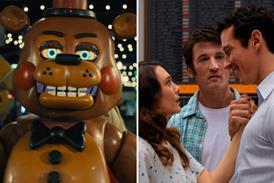

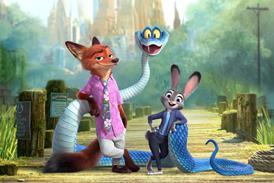


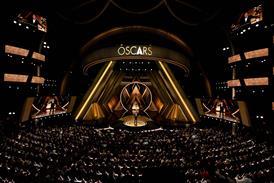

No comments yet